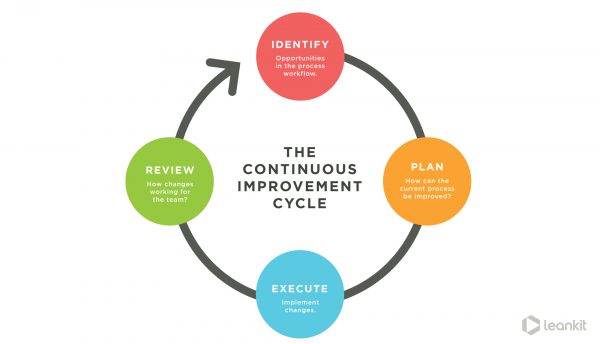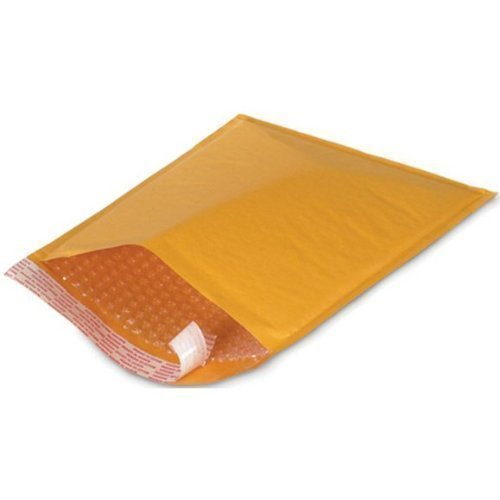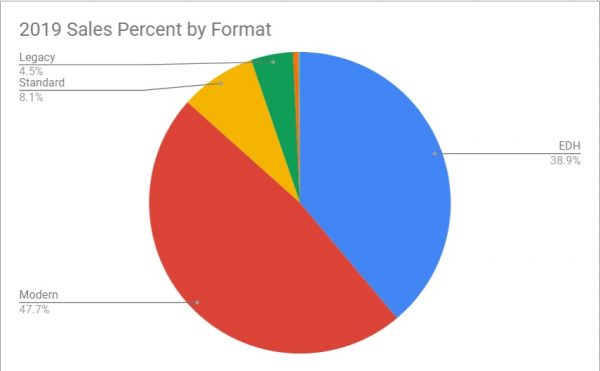Are you a Quiet Speculation member?
If not, now is a perfect time to join up! Our powerful tools, breaking-news analysis, and exclusive Discord channel will make sure you stay up to date and ahead of the curve.
With the advent of TCGplayer opening up to anyone who wants to own an online store without a brick-and-mortar location, numerous people have opened started Magic card businesses out of their apartments/dorm rooms/homes. However, many of us, myself included, do not have any formal business training. That being said, I've worked for various companies since graduating from college, and I've picked up some useful strategies many large corporations use.

Continuous Improvement
Metrics
- How long does it take you to package an order?
- How much do you spend on the packaging?
- How much time do you spend acquiring new inventory?
- How do you track your sales?
- What is your actual profit margin when all expenses are accounted for?
- What format do you tend to sell the most cards for?
How long does it take to package an order?

- Gather the card(s) (60 seconds)
- Put into penny sleeve (2 seconds)
- Place penny sleeve into top loader (2 seconds)
- Tape top loader closed (1 second)
- Pull envelope (3 seconds)
- Print off packing slip (1 second)
- Write return address on envelope (1 second)
- Write delivery address on envelope (2 seconds)
- Place order + packing slip into envelope (1 second)
- Seal envelope (1 second)
- Place stamp on envelope (1 second)
- Place envelope in mailbox (120 seconds)

Step 1 (60 seconds)
Gathering the cards for your order can be tedious if you don't have your inventory organized well. For more details on that, I have previously written an entire article about inventory management.
In this instance, let's assume that you have your inventory in binders and you have to leaf through them to find the card someone has ordered. Taking one minute to find a card really doesn't sound all that bad until you consider what happens if you scale your business up. What happens if you have to fill thirty orders a day? What about fifty orders? There can be a significant time investment in organizing your inventory up front. However, you will save yourself a lot more time afterward and it will allow you to track your inventory easier.
So, instead of keeping your inventory in binders, what happens if you keep it in boxes separated by color alphabetically? Now that sixty seconds becomes ten seconds.
Step 12 (120 seconds)
Let's say you package your order and then walk out to your mailbox, place your envelope in the mailbox, raise the flag, and walk back inside. The obvious way to save time would be to do this once per day and bring up all your packages at once, thus spreading the time cost amongst all your packages.
If you sell five cards in one day, you can divide that 120 seconds by five and now your travel time is down to 24 seconds per package. But perhaps we can go further. If you make sure you have all your packages ready in the morning before you leave for work, you can simply bring them with you and drop them off in the mailbox on your way out the door, thus reducing your average trip time one second.
How do you track your sales?
While optimizing your process may seem pretty obvious, what about tracking your sales? First, you might ask yourself why it matters? After all, TCGplayer has a handy calculator that tells you how much you sold between any given time period and they send you money every few days from your sales. I keep a running spreadsheet for all my Magic revenues and expenses, which includes all purchases, all sales, all fees and expenses, the profit margin per transaction, and what format each card was most likely purchased for. Below is the constantly adjusting graph of the sales by format.

The biggest benefit I get from this graph is that it lets me know what kinds of cards I should focus on picking up. As you can see a large majority of my sales are for Commander and Modern purposes. Note that I don't buy a lot of Standard cards for resale to begin with, so it's expected to be a smaller piece of the pie.
What is most interesting is that I predominantly focus on Commander (or EDH for us purists) as that is what my local players tend to want and that is what they tend to have for sale. Yet this year so far, I've sold a lot more Modern cards. Looking over this graph, it appears that I should put emphasis on picking up Modern staples from my local players more than I currently do, given my sales success with the format.
Conclusion
While many view the MTG economy as very niche, the fact is that it has grown dramatically in the past 10 years. Even still, growth continues to be steady. This means that more and more competition will be likely to enter the marketplace. In order to survive and thrive, businesses will need to look at how to cut costs, optimize processes, and continuously improve.






I realize the shipping timeline was just a quick example to show where efficiencies could be gained, but there are a couple items on the list that I’d like to comment on:
1) Gather the card(s) (60 seconds) – as you say,this should really be closer to 3-10 seconds, depending on the order size. Better sorting when cards are taken into stock is the key, which leads to
2) Put into penny sleeve (2 seconds) – do this when you receive the cards to prevent damage from handling while they are in stock. I use clear penny sleeves for NM and colored playing sleeves for everything else, so I don’t accidentally list or send a buyer something in the wrong condition. Tip: save the colored sleeves you get when you are buying stock and reuse them.
4) Tape top loader closed (1 second) – this is a pretty low estimate, esp if you are using something between the tape and the TL to prevent the cards from sticking to the tape
7) Write return address on envelope (1 second)
8) Write delivery address on envelope (2 seconds)
– You’ve glossed over these two despite them taking a good bit longer than you say. The only way the return address is getting down to 1 second is if you are using pre-printed labels (pro-tip: pre-print return address labels!). Hand writing the delivery address is 5 seconds minimum.
When I saw the bubble mailer I was sure you would also mention using self-sticking envelopes/packaging. You don’t want to be licking 10-20 envelopes on a busy day.
Cheers,
Matt
Excellent point Matt. You are correct about the addressing. I did use return labels..though I just recently purchased a self inking stamp which is supposed to be good for 7000 uses..making it much cheaper than the labels.